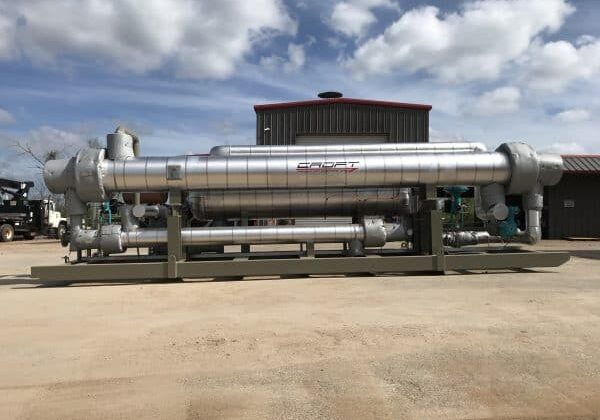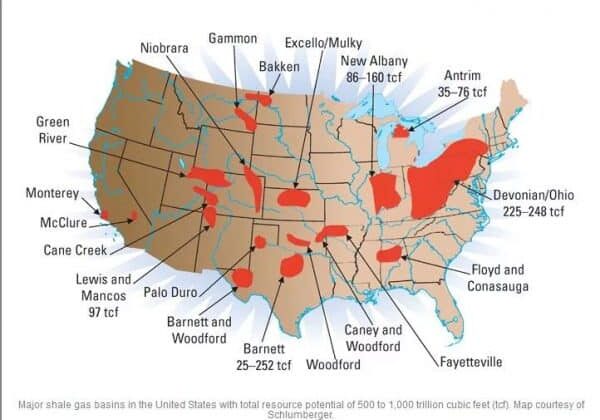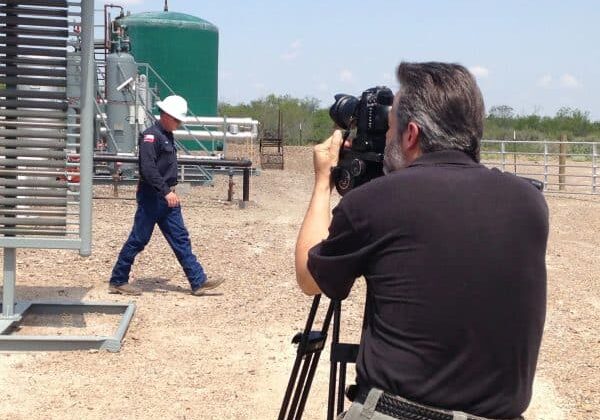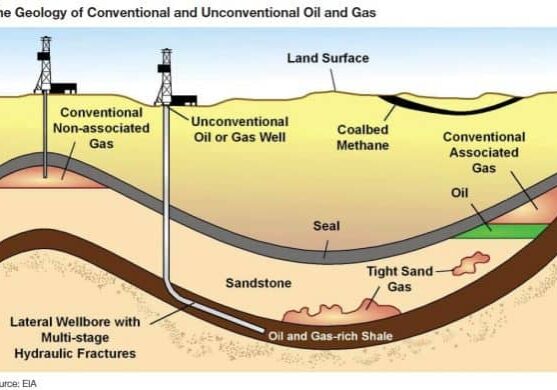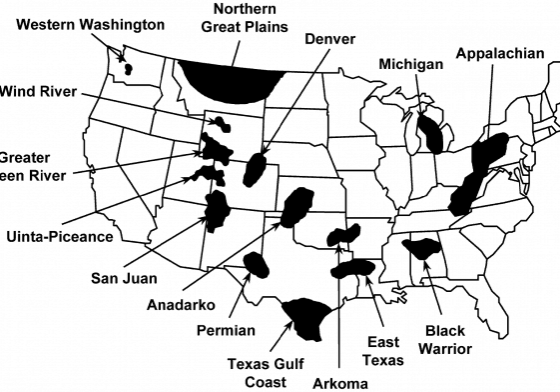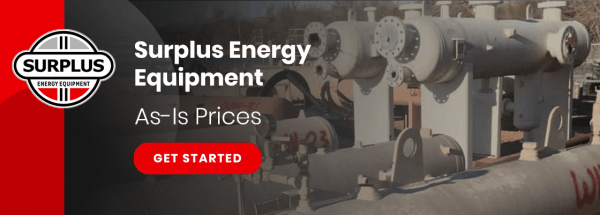Can you use the FCS on a compressor for gas lift?
Yes. When it comes to cleaning fuel gas for typical engines, CROFT sees it is not so often that a BTU reduction is needed but the amount of the heavier gas components that are in the gas. Removing the hexanes, pentanes, and a chunk of the butanes and propane really helps to increase the reliability of the engines. After talking to engine experts from Caterpillar and engine package engineers from some of the leading compressor and generator rental companies, we learned that these heavier components along with the instability in the gas quality decreases engine reliability and increases maintenance needed.
Can you utilize the FCS on a compressor station or gathering line?
Yes, these systems were designed for compressor fuel gas application. We have seen client’s compressors shutting down because of alarms signaling misfires. This was caused because of the gas quality of the fuel gas entering the compressor. Also, after further investigating the issues, there were so many liquids that were falling out that it was overwhelming the fuel pots and going into the engine, which caused shutdowns. As winter approaches, there will be a continuous decrease in ambient temperatures and in the temperature swings as well.
Can you utilize the FCS on a drilling or hydraulic fracturing rig?
Yes, the FCS takes the high-pressure/high-temperature gas from the discharge of the compressor and cools, separates, dehydrates, reduces the BTU, and reduces the pressure to the required fuel system PSI. With the reduction in the BTU, we can take otherwise unusable fuel from the wellhead, and run compressor engines, drilling engines, and hydraulic fracturing engines. By separating the NGL’s and dehydrating the gas stream, we remove most of the heavier components that often cause engine issues. Our FCS units have a proven record of increasing consistency and quality while decreasing maintenance costs for gas-driven engines. After utilizing our FCS units, we have seen clients go from weekly shutdowns to 6 months straight without any fuel gas issues.
Can the FCS assist with hydrate formations?
Yes. Hydrate formations become more prevalent during colder ambient temperatures. These are most popular in facility fuel gas and compressor station applications that are experiencing liquid fallouts and hydrate formation. This hybrid system designed to process water content and BTU in the stream decreasing the probability of hydrate formation.
What popular applications is the FCS used for?
- Upstream on the fuel line or where the tap for most instrumentation occurs
- At the sales meter as a polishing unit because water vapor starts to condense from the primary dehydrator and length to the sales meter
- Gas lift dehydrators for either total gas, sales meter or at the injection point
- Utilized at compressor stations to remove liquids before going through compressor fuel regulators
- Utilized for generator fuel
Learn more about CROFT Fuel Gas Conditioning System (FCS) or Request a Quote.

